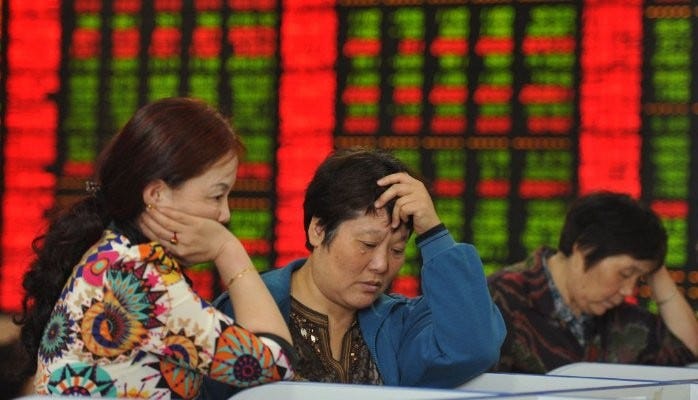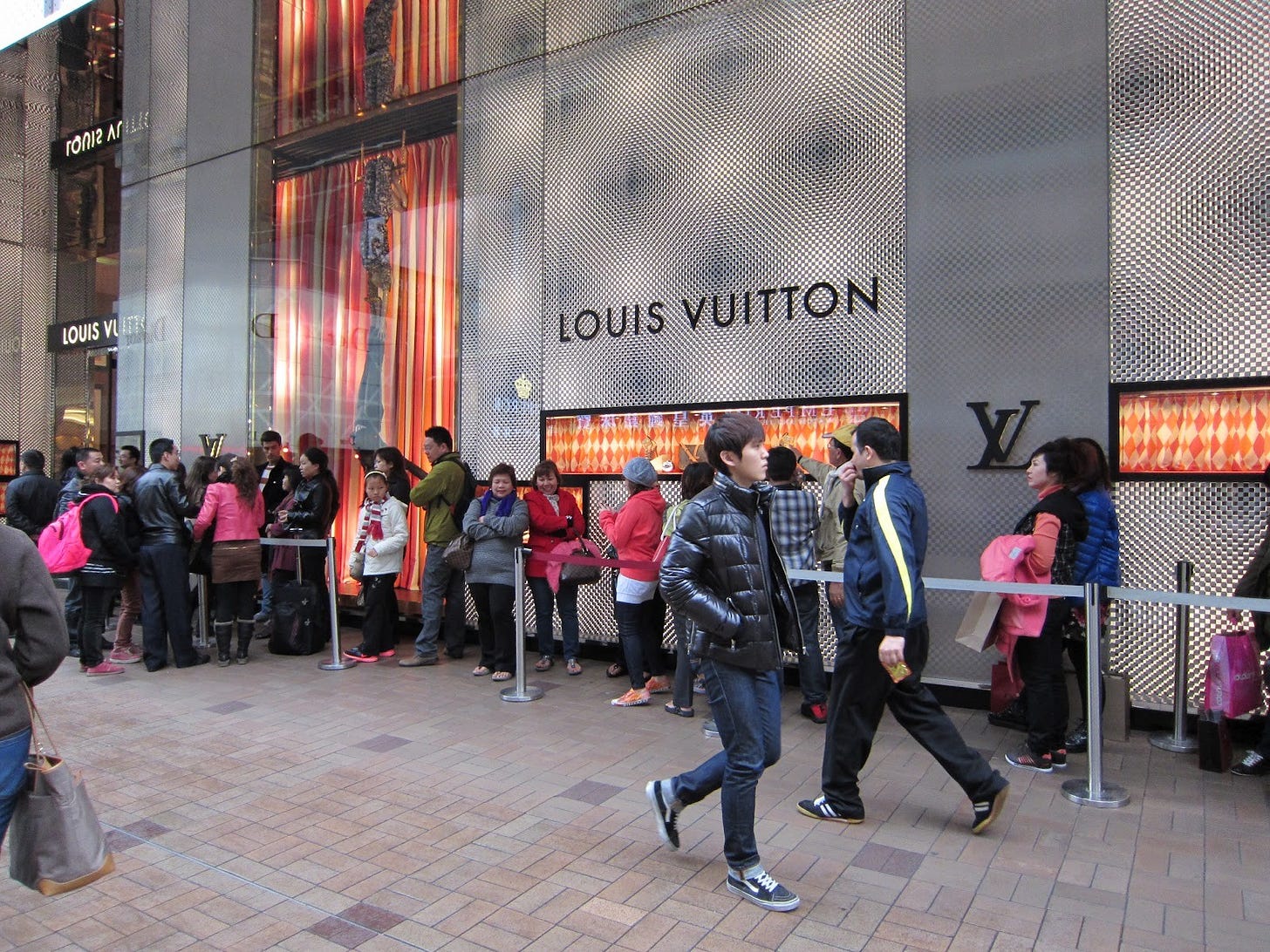3 Ways The Chinese Slowdown Will Impact You
Global financial markets are bouncing around like a Mexican jumping bean, driven in large part by China’s popping stock market bubble. And while it’s fun to talk about China’s equity boom and bust, the real story to focus on has almost nothing to do with the Chinese stock market and everything to do with the Chinese economy.
As economic growth slowed between 2011 and 2014, the People’s Bank of China (PBOC) increased its efforts to stimulate the economy. With the GDP growth rates consistently falling, and the stock market stagnating, Chinese leaders started cutting rates in late 2014 to stimulate the economy. They also lowered reserve requirements for banks and eased restrictions to promote additional liquidity. Although the economic impact is unclear, one thing was certain: Chinese equity markets took off, rising more than 50% between January and June of this year.
Along the way, domestic interest in the stock market grew by leaps and bounds. By April, Chinese speculators were opening more than 4 million new brokerage accounts per week. And data from the China Household Finance Survey revealed that the average investor fueling the rally was a high-school drop out.
Many Chinese speculators were betting on a flood of price-insensitive foreign buyers after the country’s stock market became a part of the much-followed MSCI global emerging markets index. And so when MSCI chose not to include Chinese stocks in the emerging market benchmark, the bubble popped.
The PBOC immediately sprung to action. It eliminated loan ratio caps, provided liquidity support for margin finance, lowered interest rates, and even devalued the Chinese currency. The China Securities Regulatory Commission also joined in with a de facto ban on short selling, adding to it’s prior 6-month ban on any selling by major shareholders. Even the press was told to avoid reporting on financial panic or plunging prices.
The blunt reality is that China is slowing, and this will have global implications.
But the focus on Chinese equity markets is distracting us from paying attention to the more important underlying development: China is slowing, and this will have global implications. China’s credit-fueled investment-driven economic growth engine is kaput. Its consumption engine has not generated enough momentum to matter (yet).
The slowdown matters for many reasons. I’ll highlight three to illustrate the breadth of the impact. First, China grew to be the world’s most important consumer of iron ore, lead, steel, zinc, copper, and many other industrial or investment commodities. A slowdown in Chinese economic growth implies a slowdown in demand growth for these commodities. That likely means lower prices (a deflationary shock) for these and other commodities that China has been voraciously consuming.
Deflationary pressures imply that interest rates will stay lower for longer. Even if the US Fed begins to raise interest rates this year, any increase is likely to be nominal and probably won’t have any material impact. While I can’t comment on what your credit card company will do, I suspect banks will continue to offer mortgages at historically low rates and you’ll continue to get very little return on money you leave at the bank. Don’t let your banker force you into an early refinancing with suggestions of rapidly rising rates!
Second, a slowing China may mean lower prices (or at least lower competition!) for that Louis Vuitton bag that you’ve been eyeing. That’s right. Less prosperity in China means fewer purchases of fancy goods. Further, the devaluation of the Chinese yuan makes the bag more expensive to Chinese buyers, and given that more than 25% of Louis Vuitton’s sales are from non-Japan Asia, it seems safe to bet the company will be seeking buyers anywhere and everywhere they can. Not a fan of LV bags? No worries. Greater China accounts for around 30% of sales at Burberry, roughly 20% at Prada, and as much as 35% at Harry Winston, Omega, and Balmain. And by the way, these numbers likely underestimate the Chinese impact as they don’t capture Chinese purchase of luxury goods while traveling overseas.
Third, don’t fool yourself into thinking your portfolio is immune. The world is simply too interconnected for Chinese growth rates to not affect the earnings of companies in your mutual funds and retirement accounts. Many of America’s leading multinationals generate significant revenues and profits from China and Asia. And even those companies that appear relatively immune from the Chinese economy (think Verizon, for instance) may find their stock prices moving in sympathy… as investment managers find themselves selling strong companies to keep their portfolios balanced.
Net net, what happens in China won’t stay in China.
Vikram Mansharamani is a Lecturer at Yale University in the Program on Ethics, Politics, & Economics. He is the author of BOOMBUSTOLOGY: Spotting Financial Bubbles Before They Burst (Wiley, 2011). Visit his website for more information or to subscribe to his mailing list. He can also be followed on Twitter.





